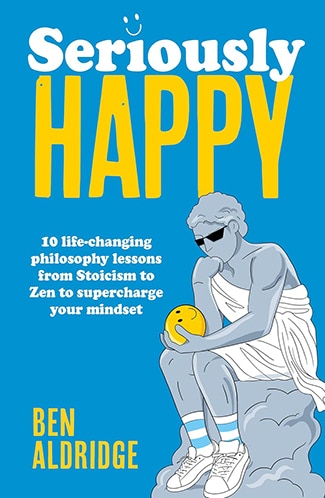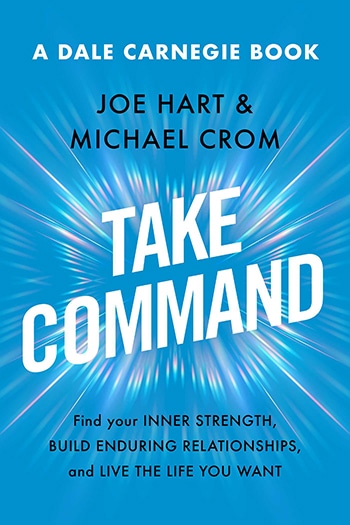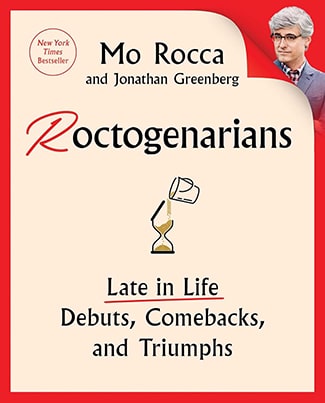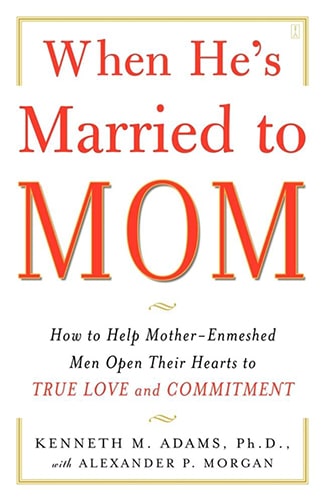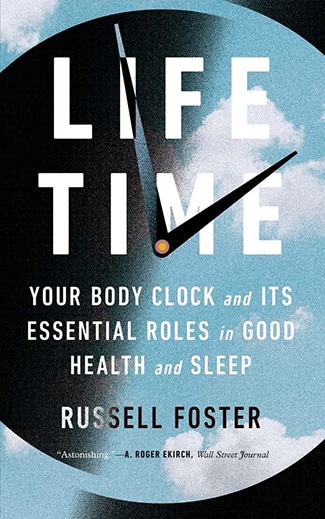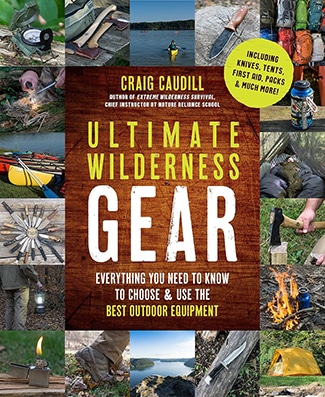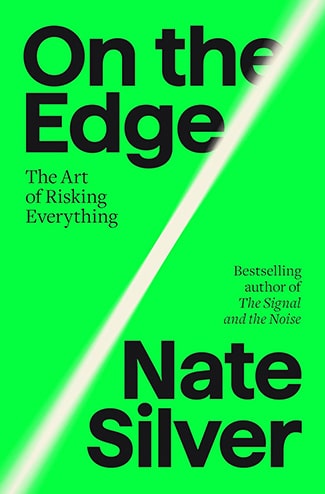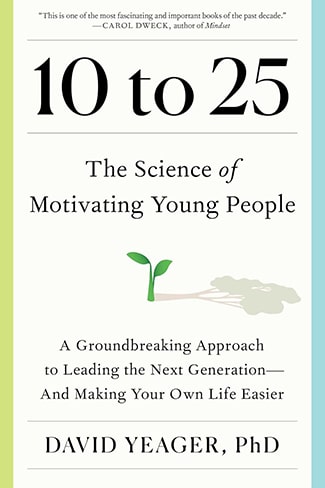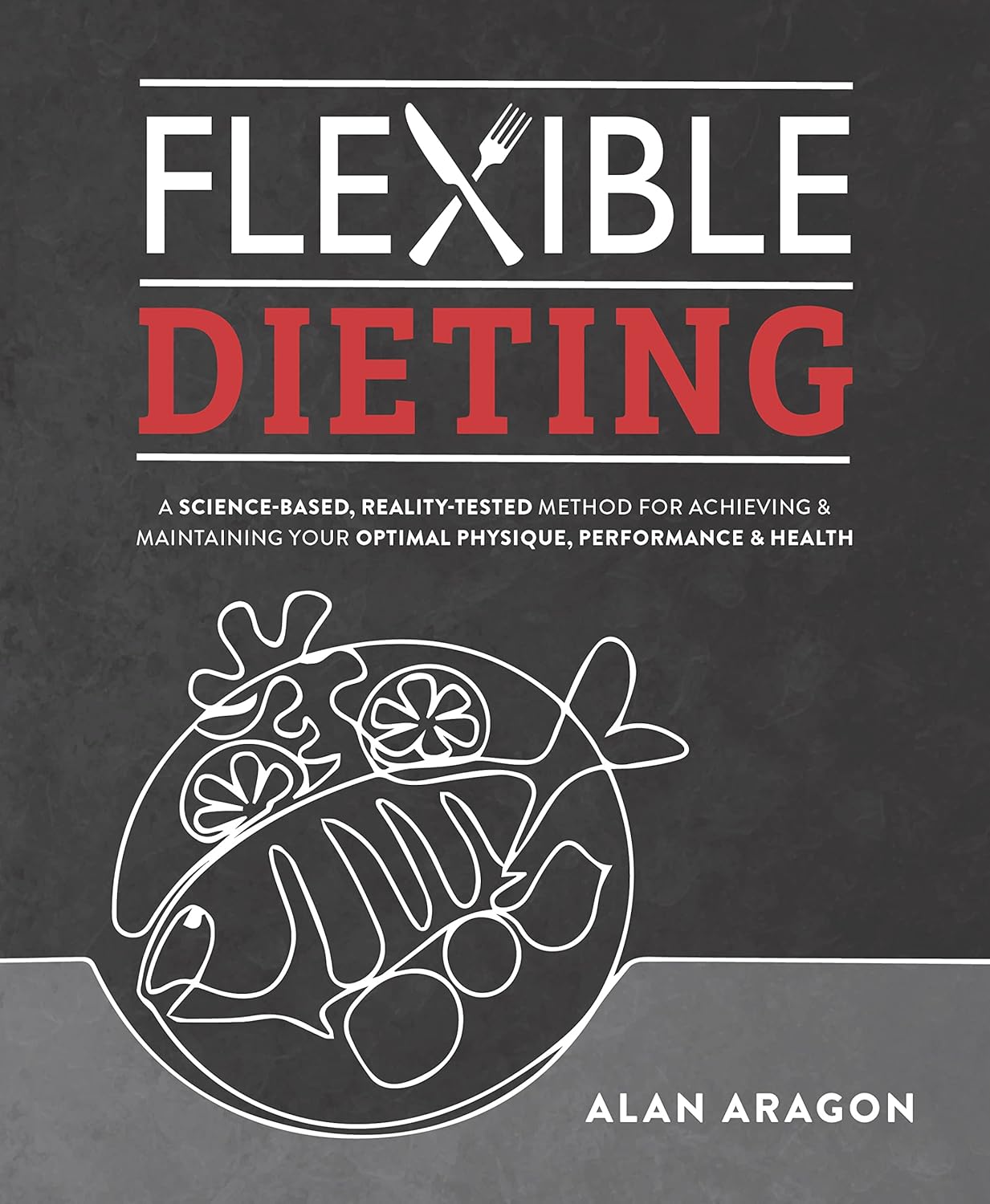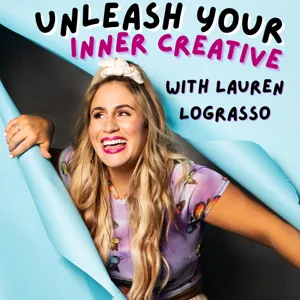Podcast Summary
The Value of Wasting Time: Wasting time can improve mental health, foster creativity, enhance self-reliance, and boost productivity by allowing us to tap into the opportune moment.
Lightman, a physicist and writer, argues that wasting time can benefit our psyches, creativity, self-reliance, and even productivity. He shares how his own experiences of unplugging from modern life and engaging in creative pursuits on a remote island have shown him the importance of wasting time. This concept challenges our cultural obsession with productivity and efficiency, encouraging us to make space for idleness and spontaneity. Lightman also discusses the difference between Chronos time (linear, measured time) and Kairos time (the right moment, or opportune time), and how wasting time can help us tap into the latter. Overall, this conversation invites us to reconsider the value of wasting time and embrace the potential benefits it can bring to our lives.
The advancement of technology and communication have led to a faster pace of life: Technology's increase in communication speed causes a faster pace of life, making it essential to disconnect and engage in unscheduled activities for mental well-being.
The advancement of communication is technology and the advancement of technology in general has significantly changed our perception of time. In the past, the pace of life was regulated by the speed of communication, and as communication speeds increased, so did the pace of life. For example, when the telegraph was first invented in the mid-1800s, it was a high-speed communication method of the time, and people experienced greater anxiety due to the faster pace of life. In the late 1980s, with the public availability of the internet, the speed of communication increased dramatically to 1,000 bits per second, and today it is approximately one billion bits per second. This increase in communication speed has led to an overall faster pace of life, with the speed of walking even increasing by 10% in the last decade. This constant barrage of external stimulation and information makes it difficult for individuals to connect with their inner selves and can lead to feelings of being overwhelmed. To make the most of our time, it's essential to occasionally disconnect and engage in unscheduled, unstructured activities that allow our minds to wander and be free from external stimulation.
The pressure of staying informed and connected negatively impacts young people's mental health and creativity: Young people face mental health issues and decreased creativity due to constant social media use and lack of unstructured time. Finding a balance is crucial.
The increased speed and interconnectedness of communication in our society, while providing many benefits, also comes with negative consequences. Research shows that people, particularly young people, experience increased anxiety and depression due to the pressure of keeping up with the constant stream of information and activities presented on social media. Additionally, studies suggest that creativity has decreased among young people due to the lack of unstructured time and the constant stimulation from the outside world. The unconscious mind, which plays a crucial role in creativity, thrives in solitude and silence, but in today's hyper-connected world, it is often neglected. Therefore, it is essential to find a balance between staying informed and connected and allowing ourselves the time and space to unwind and tap into our creative potential.
Giving your brain a break leads to creativity: Taking a break from focused work can lead to creative insights and solutions. Allow your mind to wander during unscheduled time for best results.
Allowing ourselves to unplug and let our minds wander during unstructured, unscheduled time can lead to creative insights and solutions. Our brains have a default mode that activates when we're not focusing on anything specific, and it's during this time that ideas and thoughts can swirl and mash together. This process can be particularly beneficial when we're stuck on a problem or trying to develop a character in our writing. Sometimes, the solution or inspiration comes not when we're actively working on the problem, but when we're engaged in an unrelated activity, such as taking a shower or going for a walk. The speaker shared personal experiences from both their scientific and writing careers, where they found that taking a break and letting their mind wander led to breakthroughs and new perspectives.
Exploring inner selves and self-understanding: Unstructured time is vital for personal growth, self-reflection, and understanding one's values. Avoid constant distractions and make time for quiet reflection to reduce anxiety and depression.
Unstructured, unplugged time is essential for personal growth and self-understanding. The unconscious mind is capable of accomplishments beyond the reach of the scheduled, time-driven mind. This unstructured time allows us to explore our inner selves, consolidate our self-identity, and evaluate our values. It's during these moments of quiet solitude that we can truly think, reflect, and understand who we are. Unfortunately, in today's fast-paced world, we often direct our minds from one task to the next, leaving little room for free thought. This constant distraction and focus on external validation through social media can lead to increased anxiety, depression, and a loss of self-identity. To counteract this, it's crucial to make time for quiet reflection and allow our minds to wander freely.
The Value of Wasting Time for Mental and Emotional Well-Being: Embracing the value of wasting time through play can improve mental and emotional well-being despite societal stigma against idleness.
Our obsession with constant external validation and seeking approval from others can lead to increased anxiety and a lack of self-confidence. Wasting time, defined as engaging in activities without a goal or schedule that bring pleasure and entertainment, can be a healthy and necessary part of life. Play, specifically, is a form of wasteful activity that can take many forms, from art and music to sports and games. However, the Puritan ethic that equates idleness with sin still lingers in our cultural consciousness, making it difficult for many to fully embrace the value of wasting time for mental and emotional well-being.
The Importance of Balancing Productivity and Rest: Balancing productivity and rest is crucial for overall well-being and success. While work is valued, taking time for rest and reflection can lead to increased productivity and innovation.
While productivity and work are valued in many cultures and religions, including Christianity, taking time for rest and reflection can also be beneficial. The idea of idleness being a sin is countered by the recognition of festival weeks and the Sabbath in Christianity. However, the business world often measures productivity based on output and emails answered, leading to a potential lack of true productivity. In recent years, some businesses have experimented with giving employees time for meditation or unstructured thinking, leading to increased productivity and innovation. This is exemplified by Bell Laboratories, where unfettered free time for employees led to the invention of the transistor and the subsequent development of modern technology. Therefore, it's important for individuals and businesses to find a balance between productivity and rest to optimize overall well-being and success.
Exploring the value of unstructured time: Encouraging unstructured time can lead to increased productivity, creativity, and valuable moments of reflection. This concept, known as 'Kairos time,' can foster meaningful experiences and memories.
Allowing employees some free time to explore and think without the constraints of a schedule or project can lead to increased productivity and creativity. This concept, known as "Kairos time," was valued by the ancient Greeks, who distinguished it from "Kronos time," which is measured by clocks and governed by schedules. Kairos time is about significant human events and experiences. Encouraging Kairos time can lead to valuable moments of reflection and memory, which may not occur during busy, clock-driven tasks. Alan Lightman's book "In Praise of Wasting Time" explores this idea further, and readers can also find related essays by Lightman and other thinkers on the importance of balancing structured time with unstructured, meaningful experiences.
Finding joy and value in unproductive activities: Leitman's book encourages us to appreciate the value of seemingly insignificant activities for personal growth and creativity
Leitman's book, "In Praise of Wasting Time," encourages us to find joy and value in activities that may not seem productive but contribute to our overall well-being and creativity. For more resources and deeper exploration of this topic, check out the show notes at aom.is-slash-wasting-time. Remember, the small moments and seemingly insignificant activities can lead to significant personal growth. So, take a break, engage in leisurely pursuits, and appreciate the value of wasting time. If you enjoyed this episode, please consider sharing it with others and leaving a review on iTunes or Stitcher. Your support helps keep the show going. Until next time, stay Manly!

